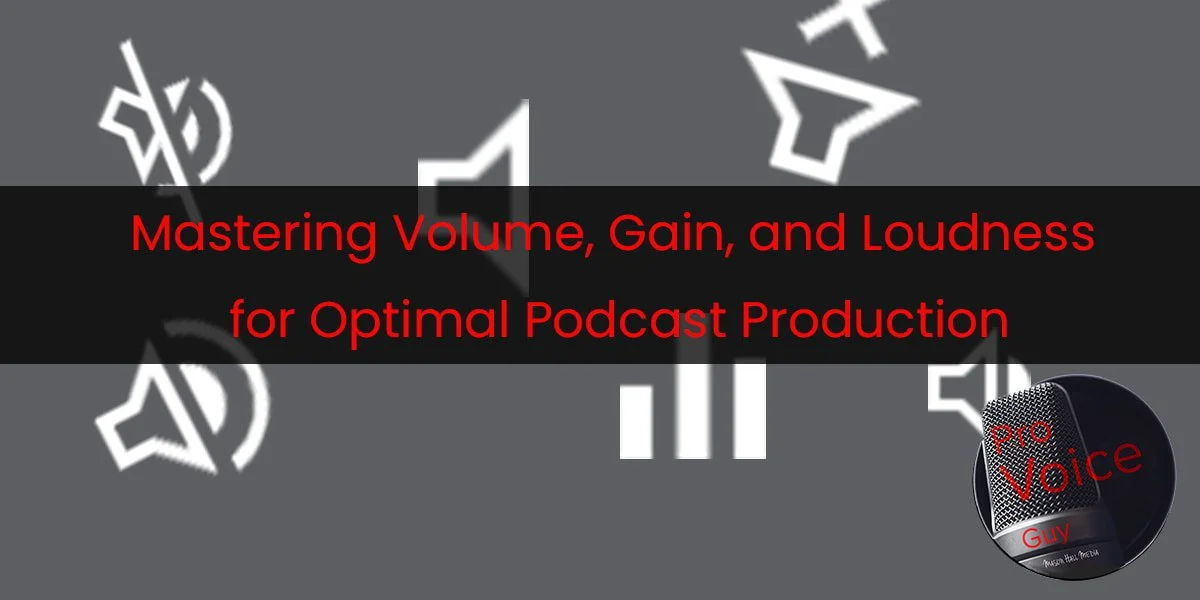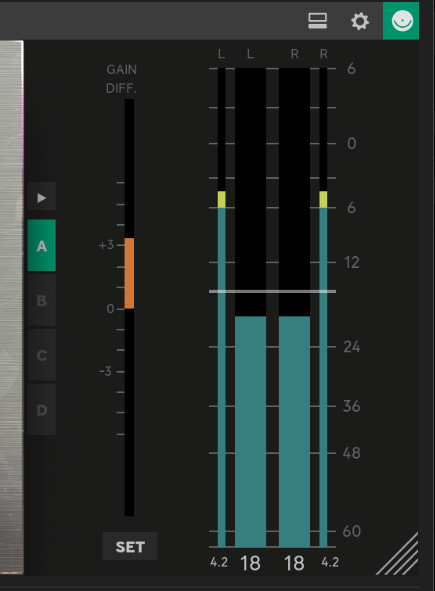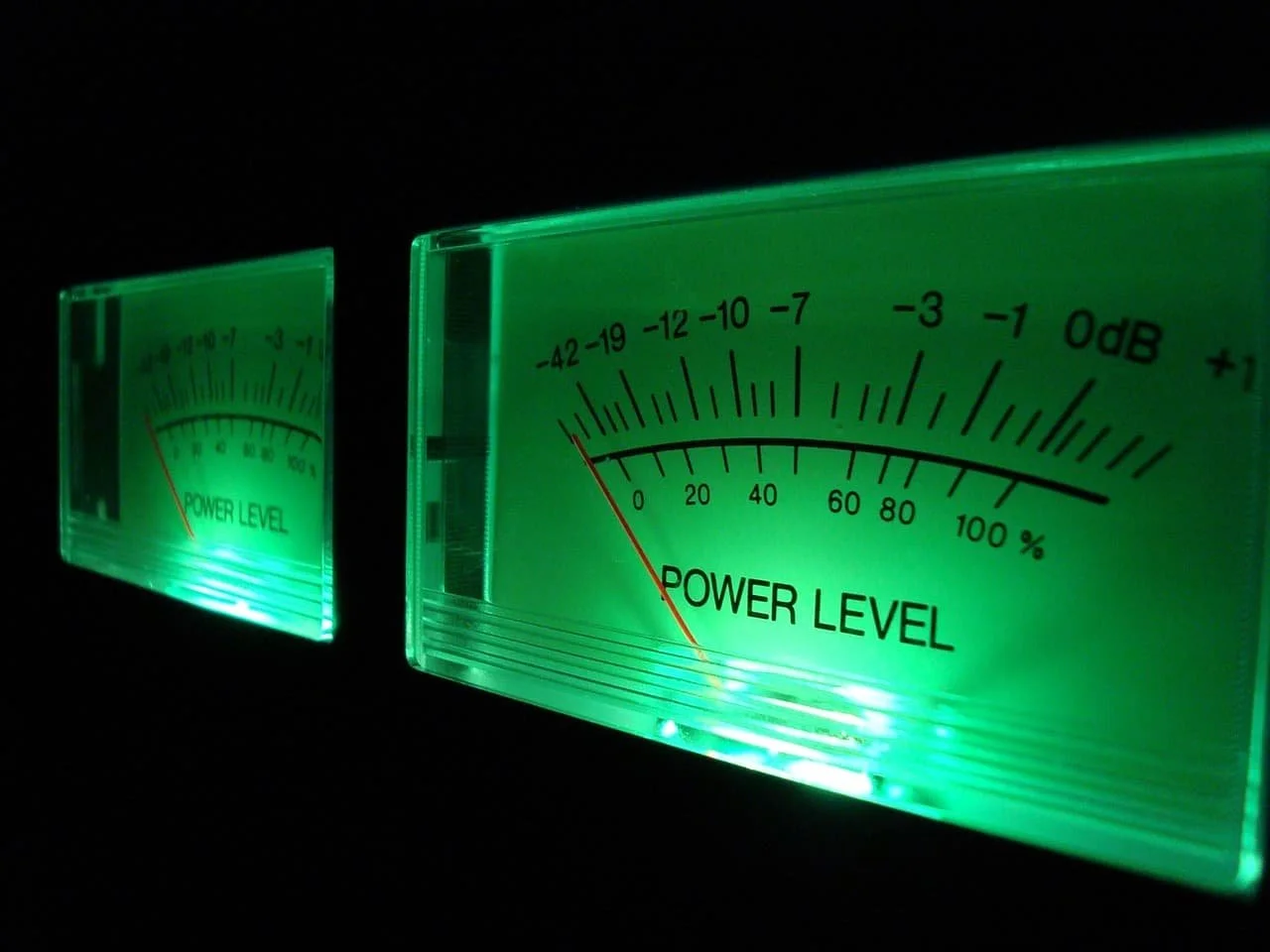Mastering Volume, Gain, and Loudness for Optimal Podcast Production
As a podcaster, understanding the crucial aspects of volume, gain, and loudness is essential for optimizing your podcast production. In this post, we'll explore the differences between volume, gain, and loudness and how they contribute to creating a professional podcast. By mastering these concepts, you'll enhance the overall quality of your podcast production process. Let's dive in and unlock the potential of your podcast production!
Optimizing Volume, Gain, and Loudness in Podcast Production
As a podcaster, understanding the crucial aspects of volume, gain, and loudness is essential for optimizing your podcast production. In this post, we'll explore the differences between volume, gain, and loudness and how they contribute to creating a professional podcast. By mastering these concepts, you'll enhance the overall quality of your podcast production process. Let's dive in and unlock the potential of your podcast production!
Optimizing Volume, Gain, and Loudness in Podcast Production
Volume
In podcast production, volume is critical in delivering an exceptional listening experience. Volume refers to the overall loudness or softness of your podcast's audio. By skillfully adjusting the volume, you can control how loud or quiet your podcast sounds to your audience.
To optimize volume during podcast production, aim for a balanced and consistent level. If your podcast's volume is too low, listeners may struggle to hear your content, leading to frustration and disengagement. Conversely, if the volume is too high, it can be uncomfortable and potentially distort the sound, compromising the listening experience. Finding the sweet spot ensures your podcast is clear, easily understandable, and enjoyable for your audience.
Gain
Gain is a vital parameter in podcast production that directly affects the strength of your audio signal. It determines the amplification of the initial audio signal from your microphone or other audio sources. By adjusting the gain, you control how strong or weak the audio signal is before further processing.
Proper gain management is crucial for achieving high-quality podcast production. If the gain is too low, your audio signal may be weak, resulting in a lack of clarity and audibility. Conversely, excessive gain can introduce unwanted noise and distortion, degrading the overall audio quality. Striking the right balance ensures your podcast's audio is amplified optimally, allowing your voice and other audio elements to be captured with clarity.
Loudness
In podcast production, loudness refers to the perceived volume or how your listeners experience the sound. It's a subjective measure that can vary from person to person. While volume represents the technical measurement, loudness considers the human auditory system's perception.
Maintaining consistent loudness throughout your podcast is vital for a pleasant listening experience. It ensures that your audience doesn't need to continuously adjust the volume due to inconsistent levels. By carefully managing loudness, you create a seamless and comfortable experience for your listeners, enhancing engagement and retention.
Mastering volume, gain, and loudness is essential for optimizing your podcast production. By striking the right balance, you'll elevate the overall quality of your podcasts, ensuring they are clear, well-amplified, and enjoyable for your audience.
But how do you get everything adjusted just right? I will explain in a future post.




